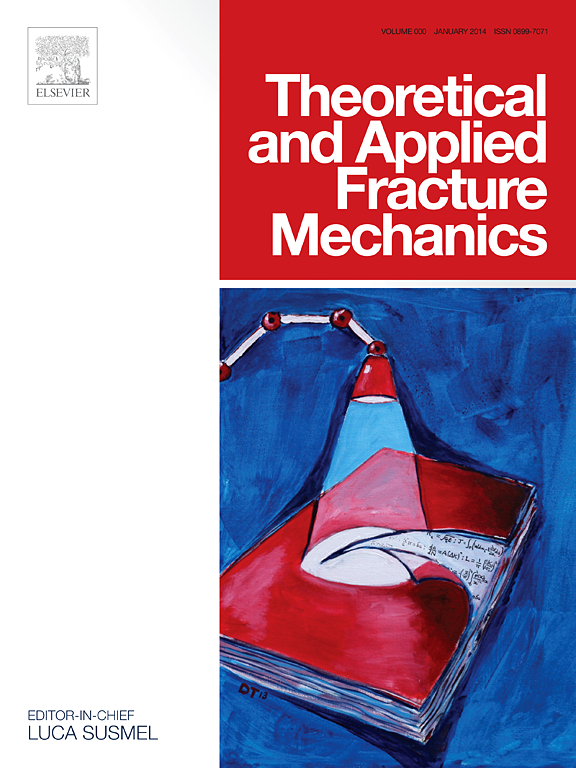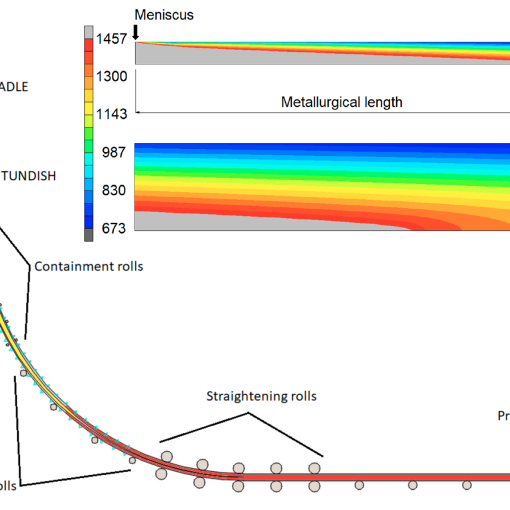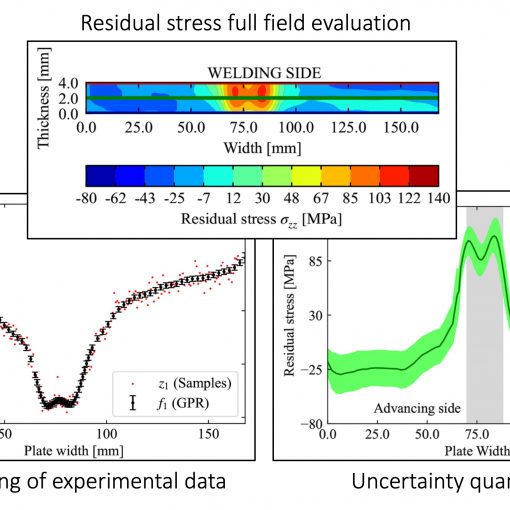
Modern structural engineering design relies more and more on fail-safe principles. This philosophy envisages that structures can develop cracks, provided that their growth is understood and controlled. Two main reasons motivate this approach: the pursuit for lightweight structures and to boost safety levels. Not all the materials used in practical applications are eligible for this design criterion, indeed, some of them do not tolerate cracks at all, for example brittle materials. In this work, the presence of locked-in stresses (residual stress) is studied as a way to impede the propagation of existing cracks in brittle materials. To do so, a recently developed simulation tool (Phase-Field) is used to study several scenarios and demonstrate under which circumstances the presence of residual stress can attain this goal.





